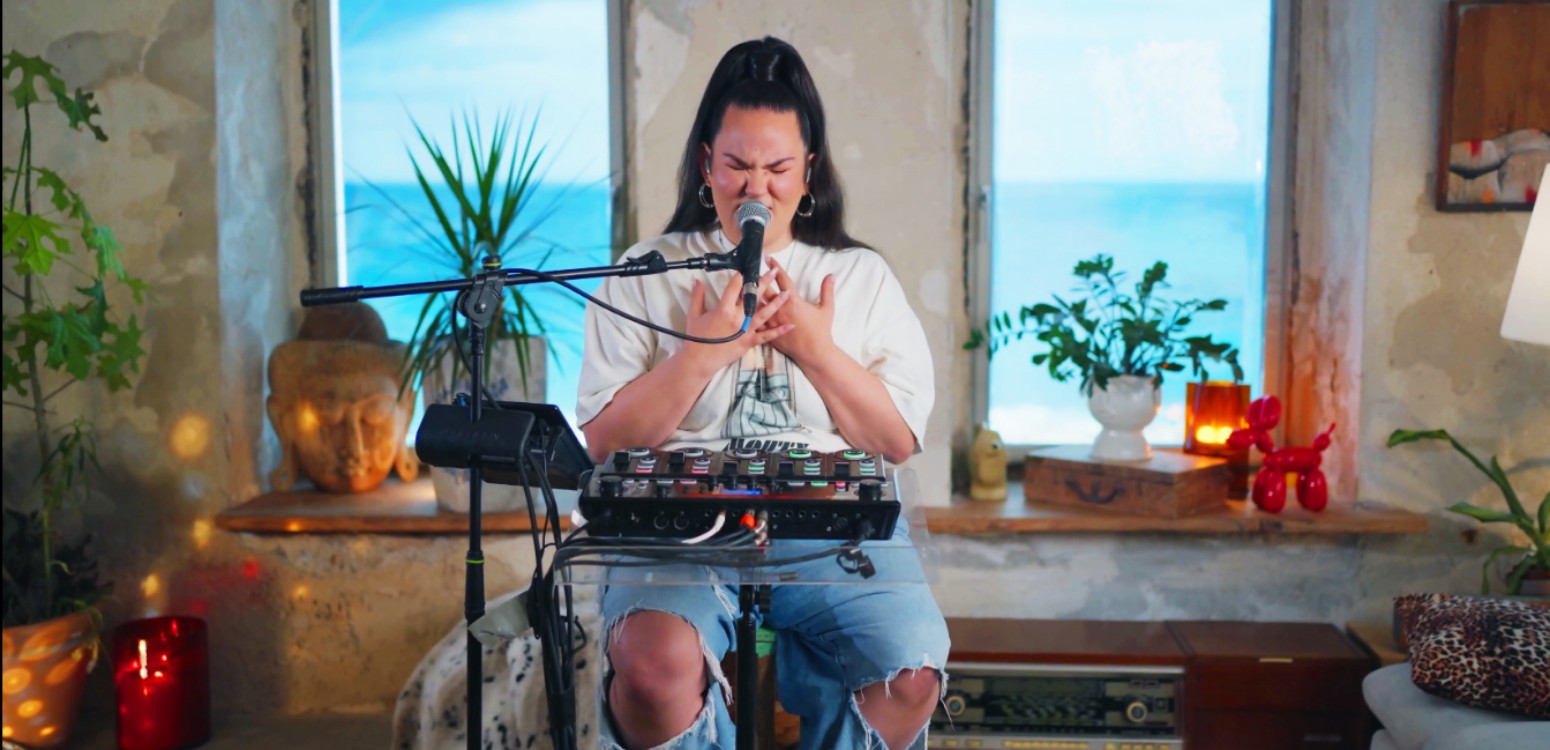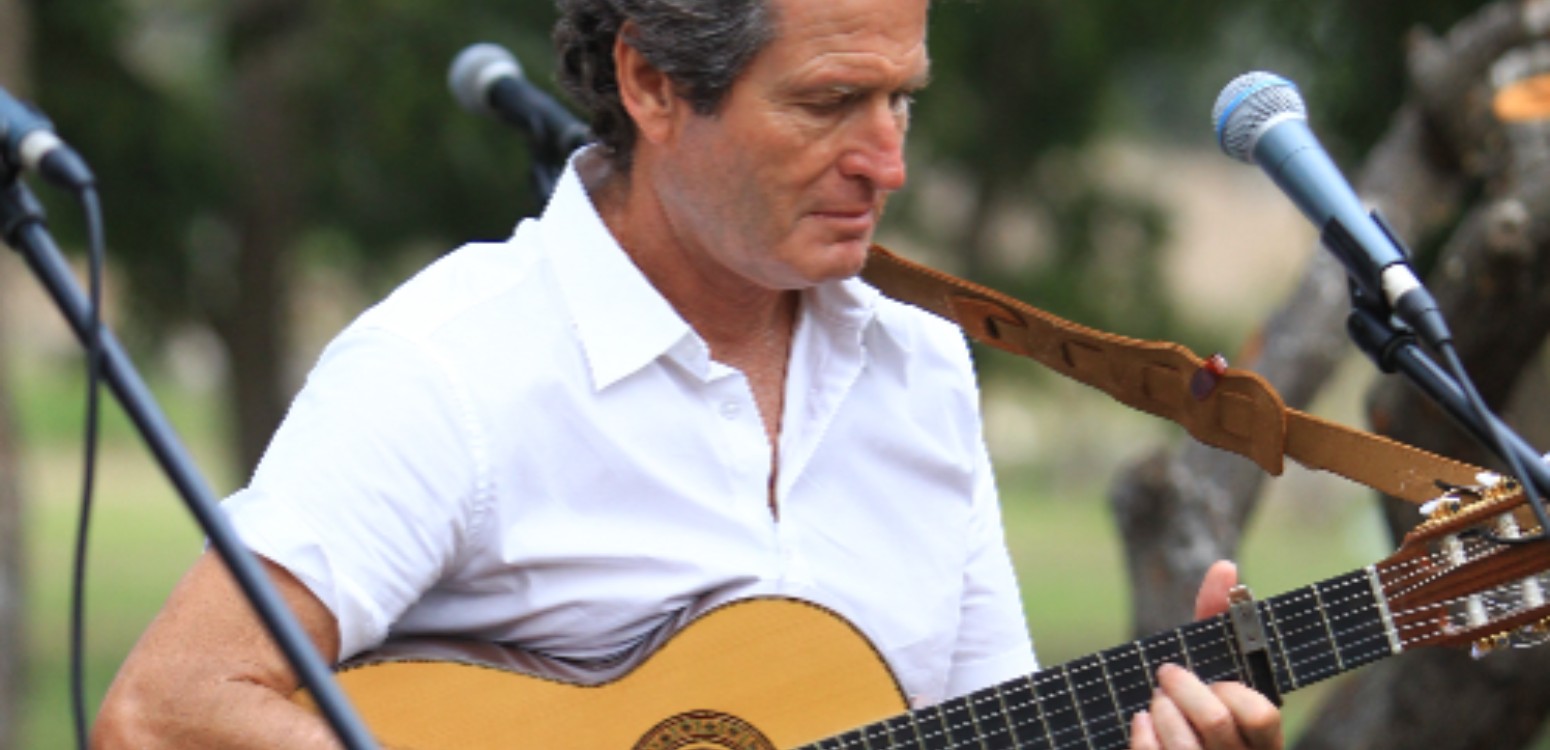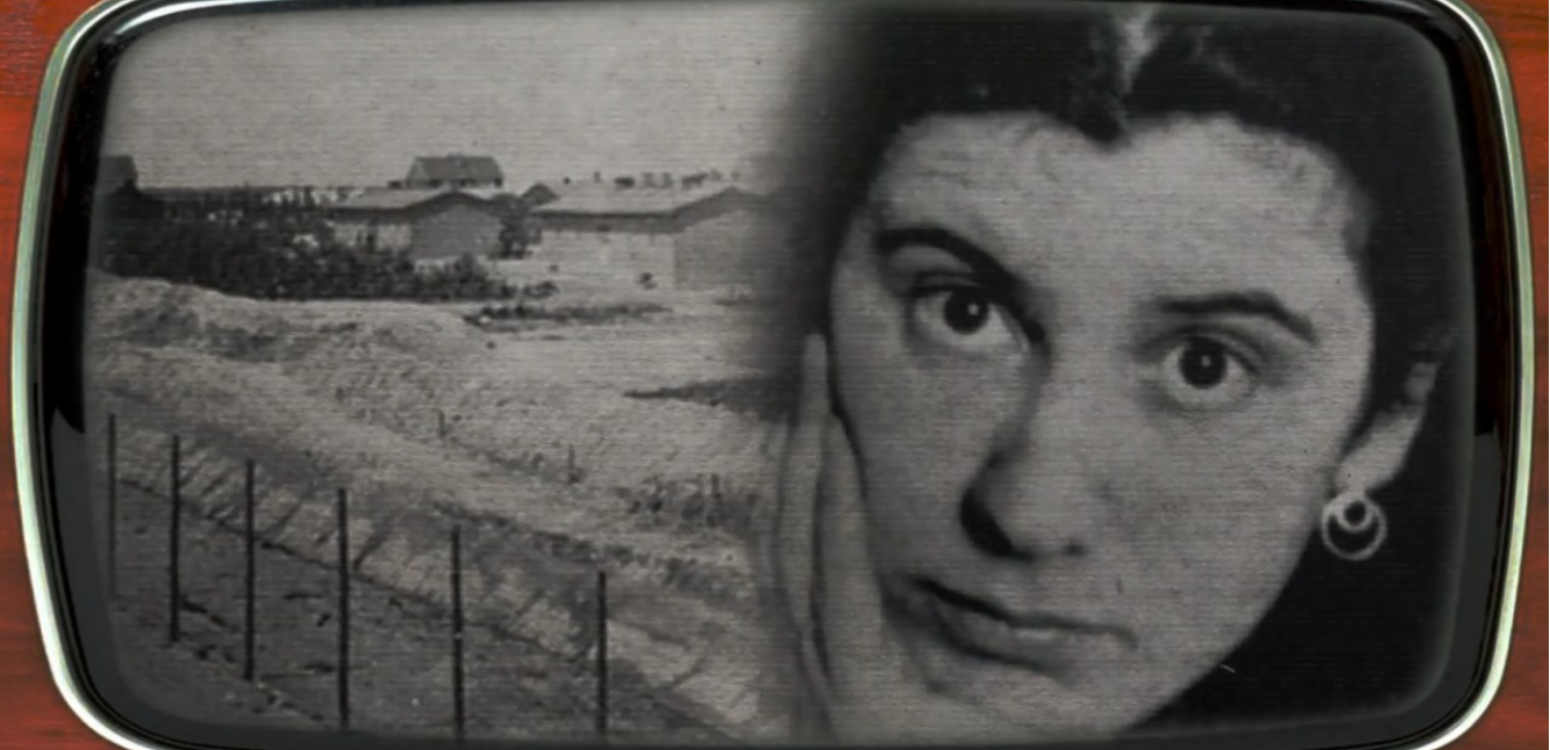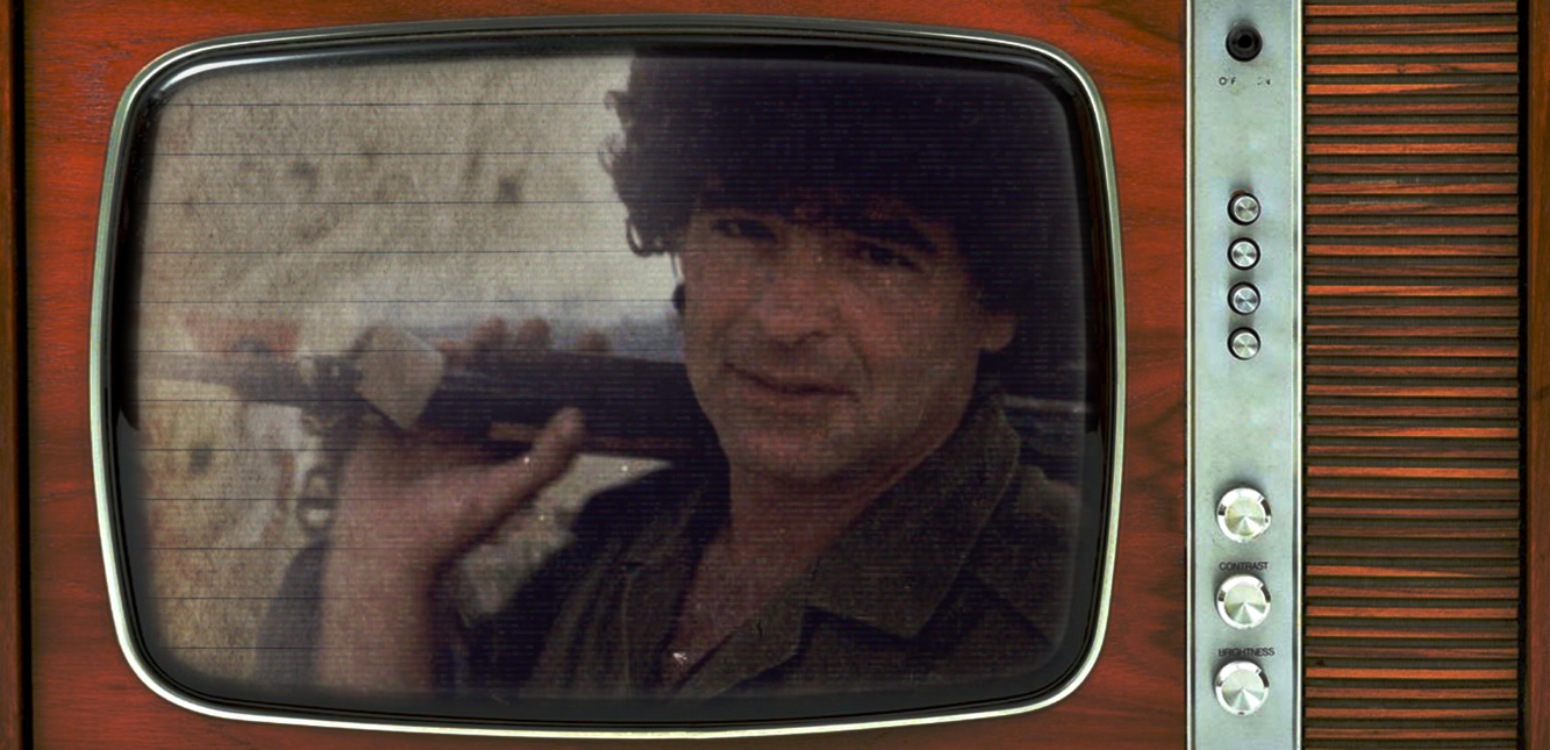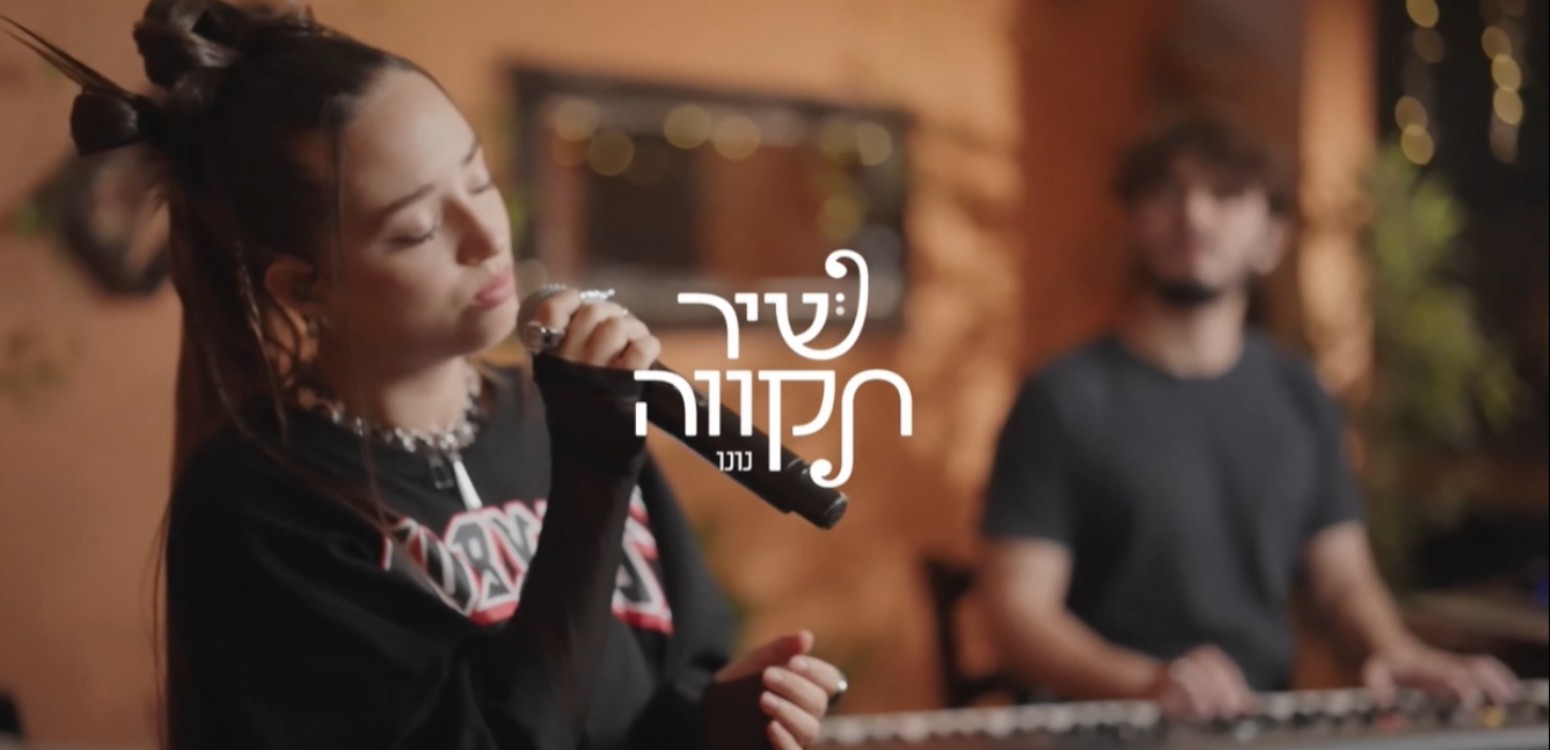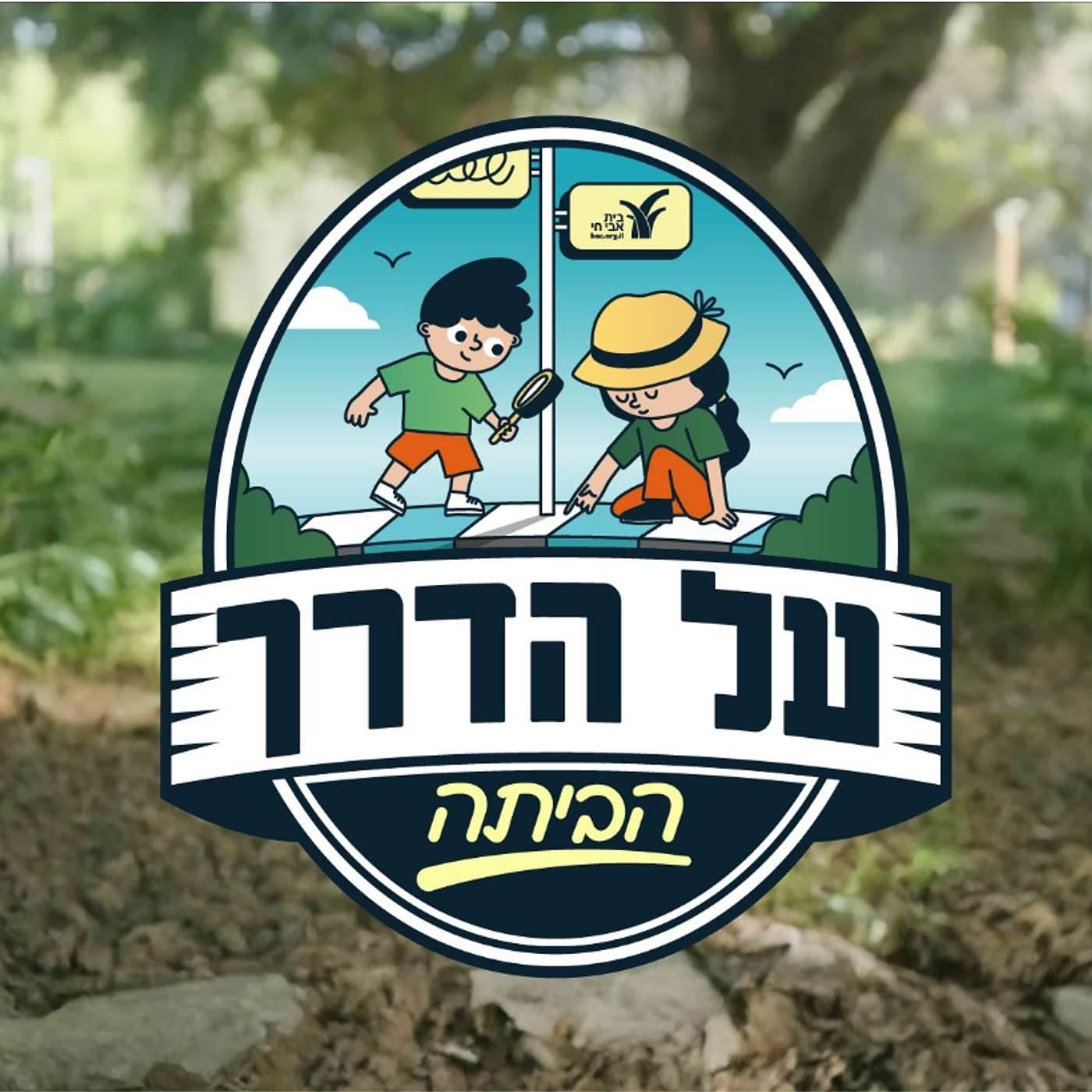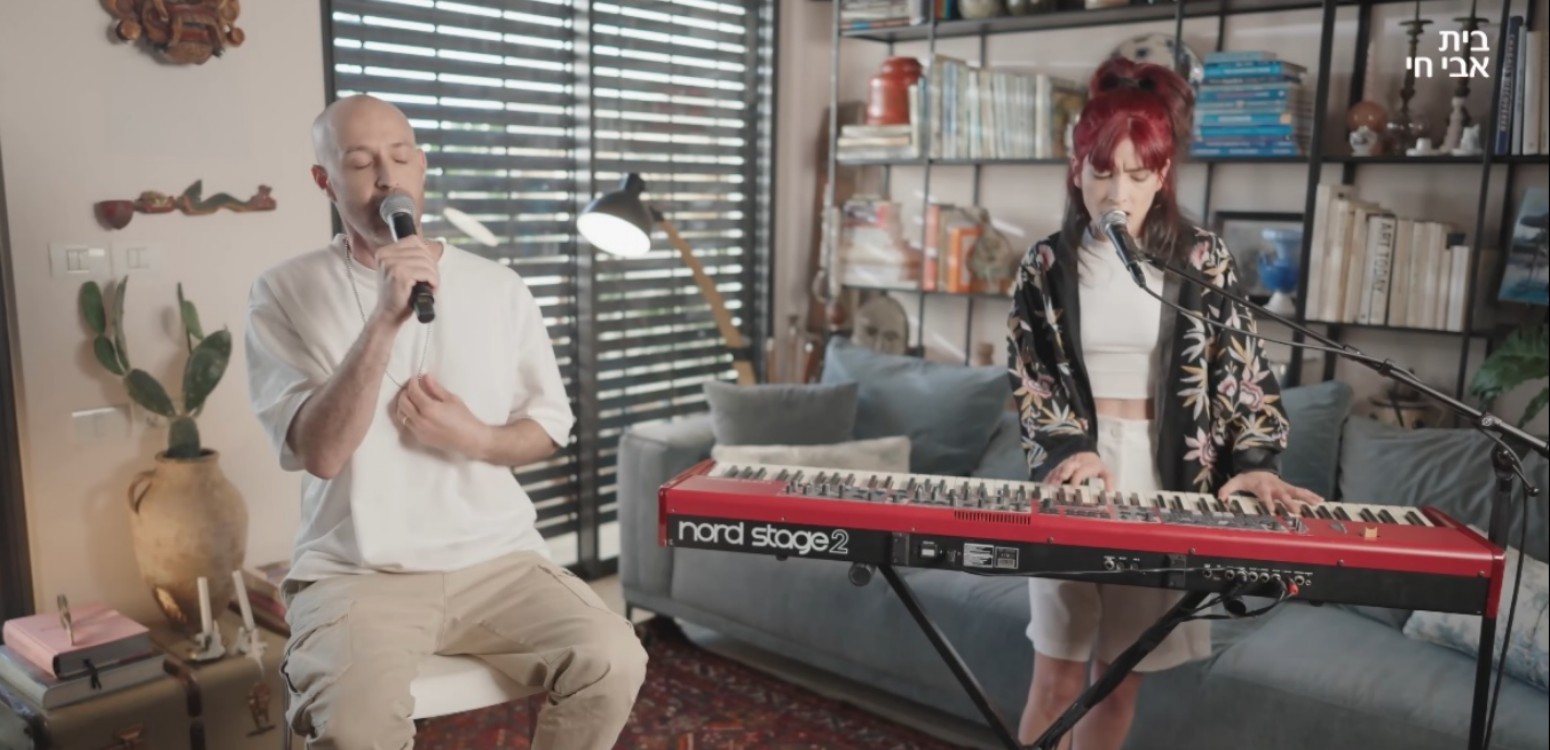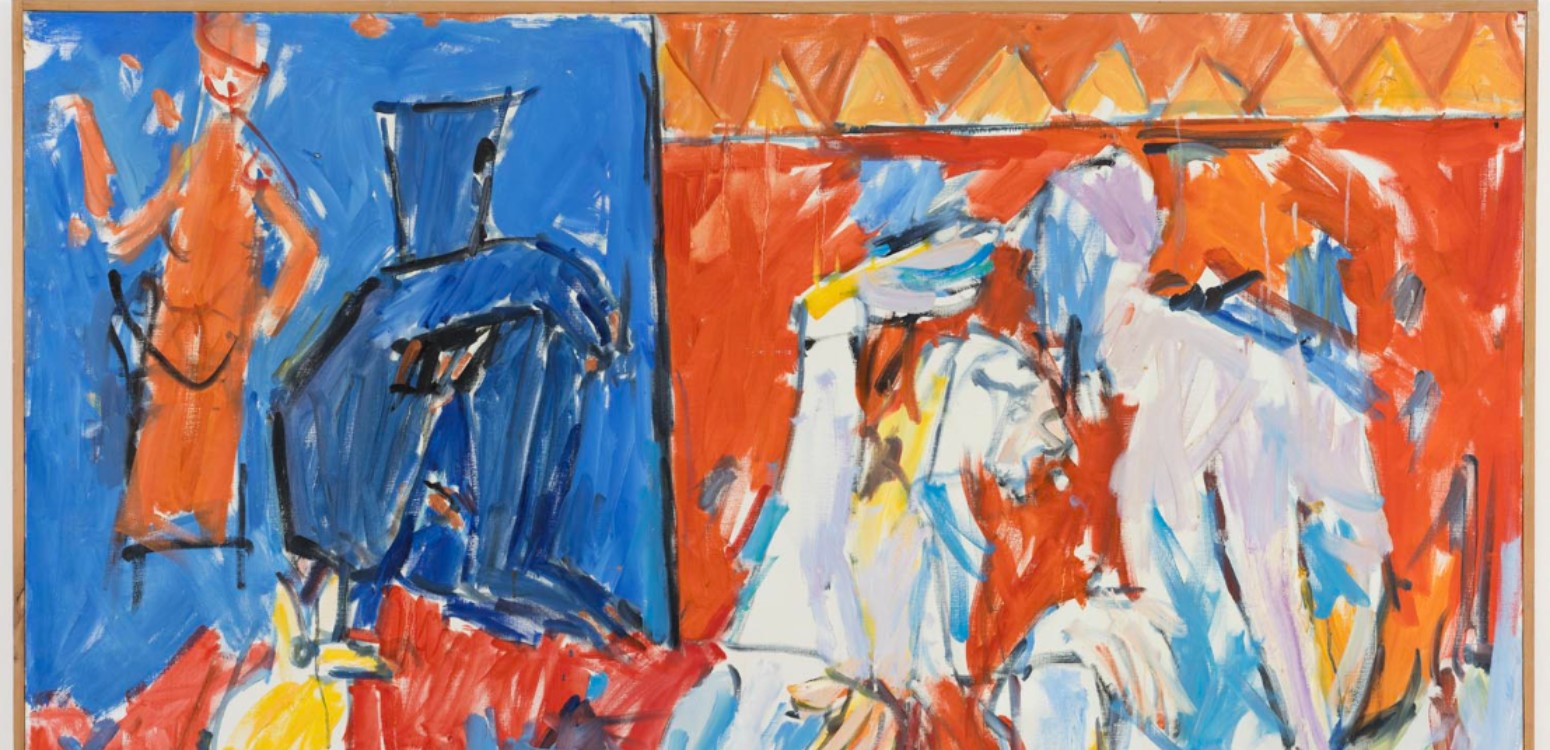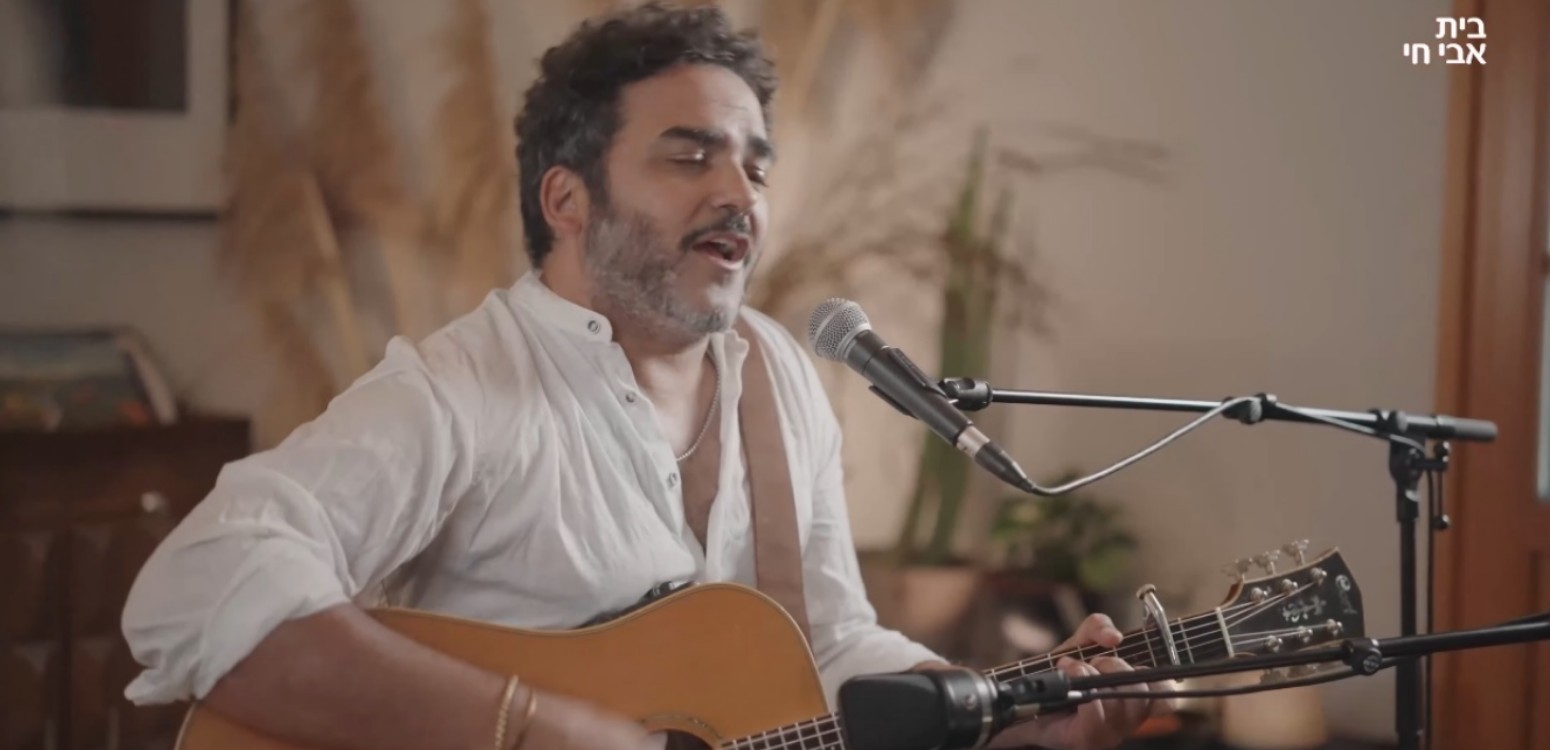How Beit Avi Chai and others have been providing inspiration through culture during these difficult times
“When we run out of words, we turn to songs that touch our souls and speak for us when we need it most.” This is the tagline for Beit Avi Chai’s Shir Tikva (“Song of Hope”) initiative, which was launched following October 7. At the time, Israelis were in unprecedented shock and didn’t know where to turn. While everyone’s overwhelming focus was on the hostages, the bereaved and the dire security situation, there was also a need for comfort and inspiration. It wasn’t the most appropriate time, though, to organize public events and concerts. Into the breach stepped Israel’s culture creators, including several initiatives led by Beit Avi Chai. Having already gained experience organizing online events during the pandemic, they were well placed to have an immediate impact.
Avishai Huri, artistic manager at Beit Avi Chai, explains the genesis of “Song of Hope”: “Two weeks after October 7, we were still in shock, and the terrible news was arriving from every direction. I felt that we needed the voice of life amidst the panic. Shir Tikva was the phrase that came to me.” Shir Tikva asks prominent Israeli musicians to perform an acoustic cover of a special song that brings them comfort during difficult times. There is also an intimate conversation with the artist and an explanation of the story behind each song. The performances include Eurovision-winner Netta Barzilai singing “Days of Quiet” by the band Lola (which she has since re-recorded live and released as the closing track of her brand-new Hebrew debut solo album, Hakol Alay), “Tehran”-star Liraz Charhi covering “Someone” by Yehudit Ravitz; Keren Peles performing the classic Al Kol Ele; and oud player Valerie Hamaty covering “After Eternity” by Pe’er Tasi.
Valery Hamaty: Acharey Hanetsach (“After Eternity”)
Being able to cover their chosen songs allowed the artists to deeper explore and discuss their personal take on the classics. Huri explains: “More than simply being good musicians they’re people with sensitivity and wisdom of the heart that we felt could be significant.” It also created a feeling of togetherness with the audience, who could share in the delight of ‘rediscovering’ familiar songs while offering respect to classic artists. “Connecting to our cultural canon helps us recover,” Avishai reasons.
The project began online because, in the weeks following the war’s outbreak, it was impossible to organize live events, but Huri hopes to complement the online performances with concerts in the future. And there were also advantages to these enforced restrictions. “When it’s online,” he says, “you can reach much further. We see that people outside Jerusalem and even outside the country are watching. The circle of influence is much bigger.”
We’re all in the same boat
Increasing access was also a motivation for the “Muses” project, which offers “a moment of spirit in times of crisis.” This draws on Israeli cultural history in a different way to Shir Tikva, by offering short podcasts on how Israeli and Jewish artists and intellectuals dealt with crisis in their own lives, providing listeners with encouragement and mental tools to help cope with the painful post-October 7 reality. Episodes so far have covered the Soviet refusenik Ida Nudel, the Jewish philosopher Emmanuel Levinas, the great liturgical poet Rabbi David Buzaglo, the Israeli poet Leah Goldberg and more.
Do not ignore: Emmanuel Levinas - Muses: A moment of respite in times of crisis
Hillie Wurtman and Hadas Sabato from Beit Avi Chai, who organized the project, explain its rationale: “After October 7 we felt there was a need to provide a broader perspective. It’s harder to get inspiration from our peers because we’re all in the same boat.” Like Huri, they were also encouraged by the fact that online episodes can bring in much larger audiences. In choosing who to feature in each episode, they focused on diversity. “Leah Golberg – war but also the beauty of life; Levinas – facing the other; Buzaglo – the pursuit of peace. The relationship between personal and national crisis. Levinas had his greatest ideas when he was a prisoner of war. Etty Hillesum didn’t survive the Holocaust, but her faith in other people only increased despite her terrible suffering.” “Muses” has been a great success, and another season is on the cards.
Another important Beit Avi Chai project predates October 7. Led by Tamar Stampfer, Head of English Projects, this is a lecture series in English aimed at both English-speaking Israelis and Jews around the world. Before October 7, a series about architecture and urban planning in Jerusalem had been planned, but this didn’t feel like the right sort of content to share during the early weeks of the war. The team managed to deftly pivot, initiating instead a special “spiritual pep talk” with Rabbi Avi Weiss. To develop further content, Stampfer also turned to history for inspiration, for example Isaiah Gafni’s series about crises during the Second Temple period, Professor Renée Levin Melamed’s series about how leading Jewish women have faced adversity throughout history, and Ruth Weiss’s talk (yet to be broadcast) about how Hebrew writers dealt with catastrophe. “I decided not to focus on the news because I knew my audience would be informed enough to understand the relevance of the chosen topics,” Stampfer says.
Tamar Elad-Appelbaum, Michal Greenglick
One practical change forced by October 7 was the shift of broadcast time from 8pm to 7pm, to avoid clashing with the nightly news. “We’ve aimed for a balance between escapism and relevance, and hope to offer a bit of comfort,” Stampfer concludes. One event that drew a very large audience was a conversation between Tamar Elad-Applebaum, whose brother died in combat 23 years ago, and Michal Greenglick, whose brother Shauli died fighting in Gaza last December. “I wasn’t sure the English-speaking audience here and abroad was receiving content featuring bereaved families,” Stampfer says, reflecting on the conversation’s success.
Promoting compassion
It’s not just Beit Avi Chai who have been providing online cultural nourishment since October 7. There have been a host of inspirational initiatives elsewhere, for example free online animation workshops by the Israeli Animation Studios, and special programs at ANU Museum of the Jewish People, to name but a few. One that stands out is Docu Nation, a project led by award-winning documentary maker Yonatan Nir and producer Almog Gurevich.
Until 2020, Nir screened documentaries in schools across Israel. When the pandemic hit, this was no longer possible. He began hosting online screenings and discussions, which quickly gained popularity, with over 600,000 viewers over the past few years. The films, while diverse, had one thing in common: they promoted values like compassion and understanding of the other. “Films about people who are dealing with difficulties in life and find their own path and inspiration,” Nir explains.
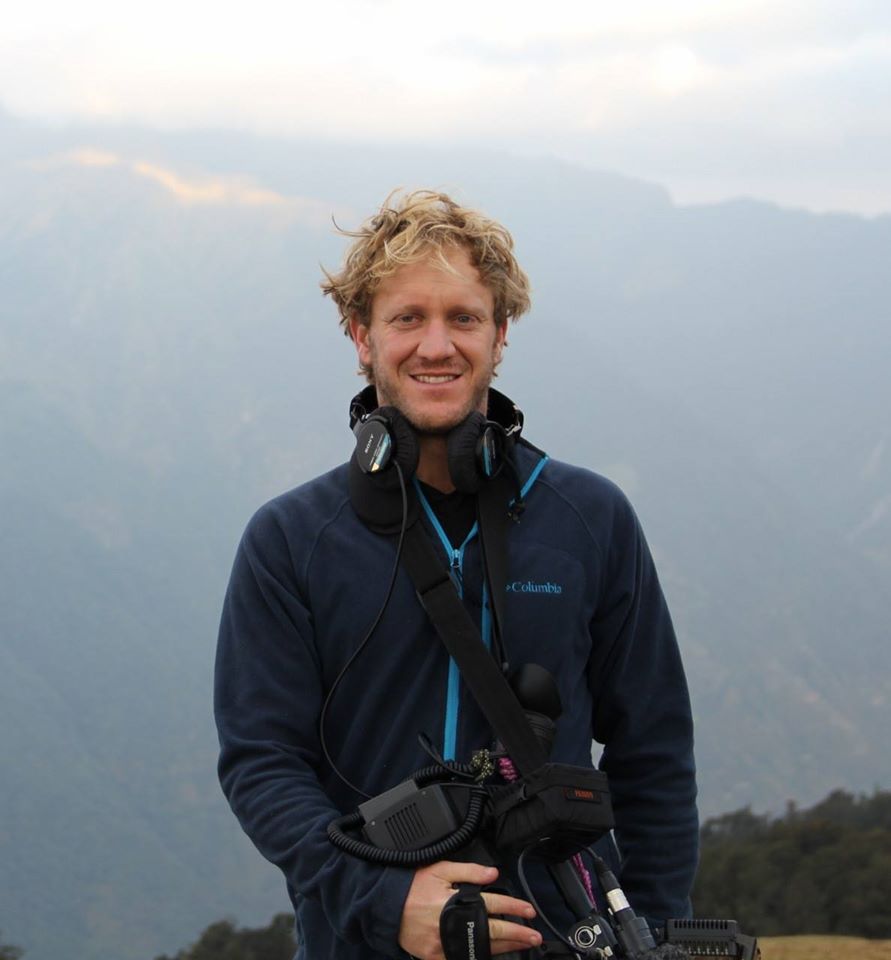
Yonatan Nir\ Wikipedia\Omerh88
After October 7, Nir didn’t want to continue. “I was so broken” he says. “But the audience asked us to resume the screenings because they brought them light and hope, so we continued, and it became bigger and bigger.” The Times of Israel partnered with Docu Nation to make a special fortnightly program for English speakers – this will continue in the fall. “The idea is to bring positive and interesting stories from Israel during this difficult time and try to help people get inspired from watching other people’s stories, people who were able to overcome problems in their own lives, as this can have a therapeutic effect.” Nir calls this ‘Docutherapy’ (you can learn more about this concept from his TED talk).
“Choosing topics [after October 7] is very sensitive. My work is to try to remind people why we love Israel, why Israel is such a special place, to offer people hope, and to speak about our pain. Our shared pain can bring us together.” He notes one discussion that was held with the Peretz family, who have lost two brothers to war. “Eliasaf [one of the surviving brothers] gave advice to the bereaved members of the online audience.” Another advantage of online screenings is that they allow people living in the periphery, who often don’t have a cinema near them, to watch new documentaries.
All these initiatives have tried to address the tremendous weight of sorrow that has been felt by Israelis and Jews around the world since October 7. In diverse and fascinating ways, they offered some light and comfort to thousands of people, in a way that wouldn’t have been possible without the ability to broadcast online. As Nir concludes, in words that could apply to all the projects described here: “We try to take a sad song and make it better.”
